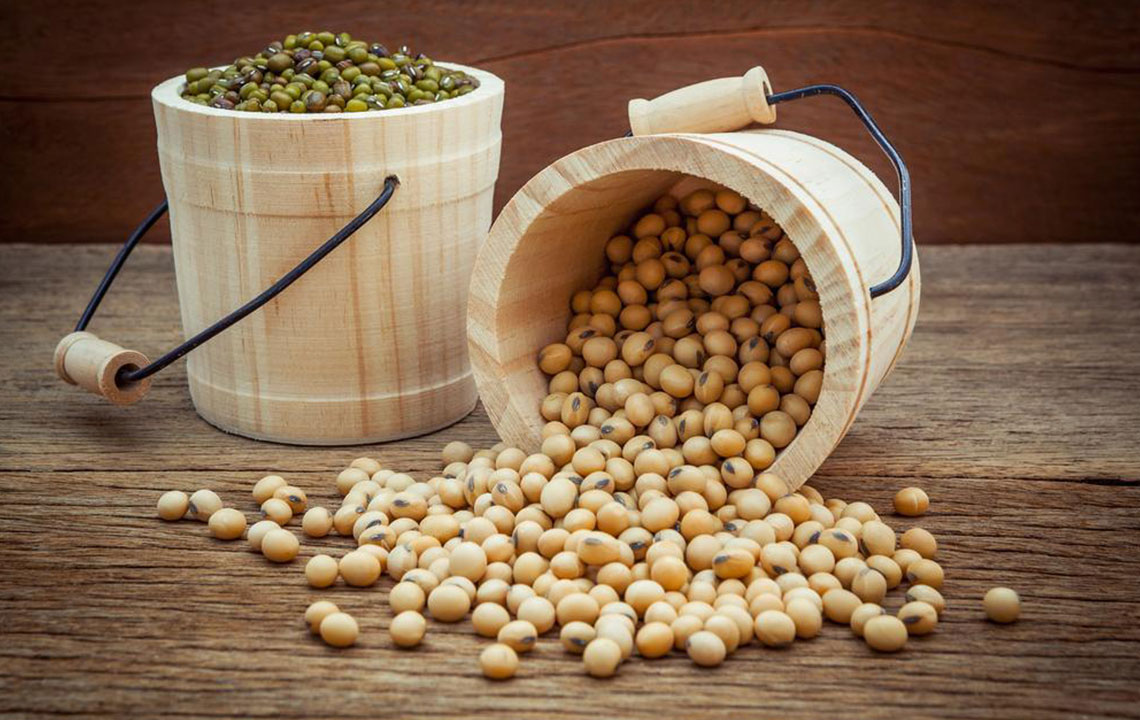The Essential Role of Proteins for a Healthy Body
Discover the importance of proteins for overall health, including their benefits, key sources, and recommended daily intake. Learn how proteins support muscle growth, immune health, and bone strength, along with cautions on overconsumption for a balanced diet.

What are Proteins?
Proteins are vital macromolecules that support numerous functions within the human body. They are crucial for tissue repair, muscle growth, enzyme production, immune defense, and maintaining overall health. As a key component of macromolecules—which include carbohydrates, lipids, DNA, and RNA—proteins occupy a fundamental role in biological processes.
Advantages of Including Proteins in Your Diet
Incorporating nutrient-rich protein sources can significantly benefit your health. These include:
Enhancing muscle development and maintenance
Supporting tissue and ligament health
Managing weight by promoting satiety
Stabilizing blood sugar levels and preventing spikes
Boosting brain functions like focus, memory, and learning through amino acids
Strengthening bones and aiding in the recovery from fractures and conditions like osteoporosis and arthritis
After physical activity, consuming proteins helps repair muscles and tissues, providing strength for recovery. A diet rich in proteins also helps keep your weight in check by curbing hunger and preventing overeating. Moreover, proteins play a role in enzyme, hormone, and neurotransmitter synthesis, essential for optimal brain function.
Protein-Rich Food Options
The daily recommended intake is approximately 46 grams for women and 56 grams for men. Ideal sources of proteins include:
Chicken breast
Milk and dairy products like Greek yogurt and cottage cheese
Eggs
Seafood such as fish, shrimp, sardines, and halibut
Nuts and seeds including almonds, peanuts, pumpkin seeds, and wheat germ
Legumes like lentils, beans, and peas
Whole grains such as oats and wheat bread
Whey protein supplements
Lean meats like turkey and pork chops
Vegetables such as broccoli and sprouts
Quinoa and other plant-based options
While incorporating proteins is beneficial, excessive intake can have drawbacks:
Strain on kidney function
Digestive issues like bloating and constipation
Weight gain
Dehydration
Elevated liver enzymes
Enhanced risk of cardiovascular diseases
To enjoy the advantages of proteins, consume them mindfully and in moderation for a healthier lifestyle.










